Sustainability Commitment
Our journey to net-zero scope 1 & 2 by 2032
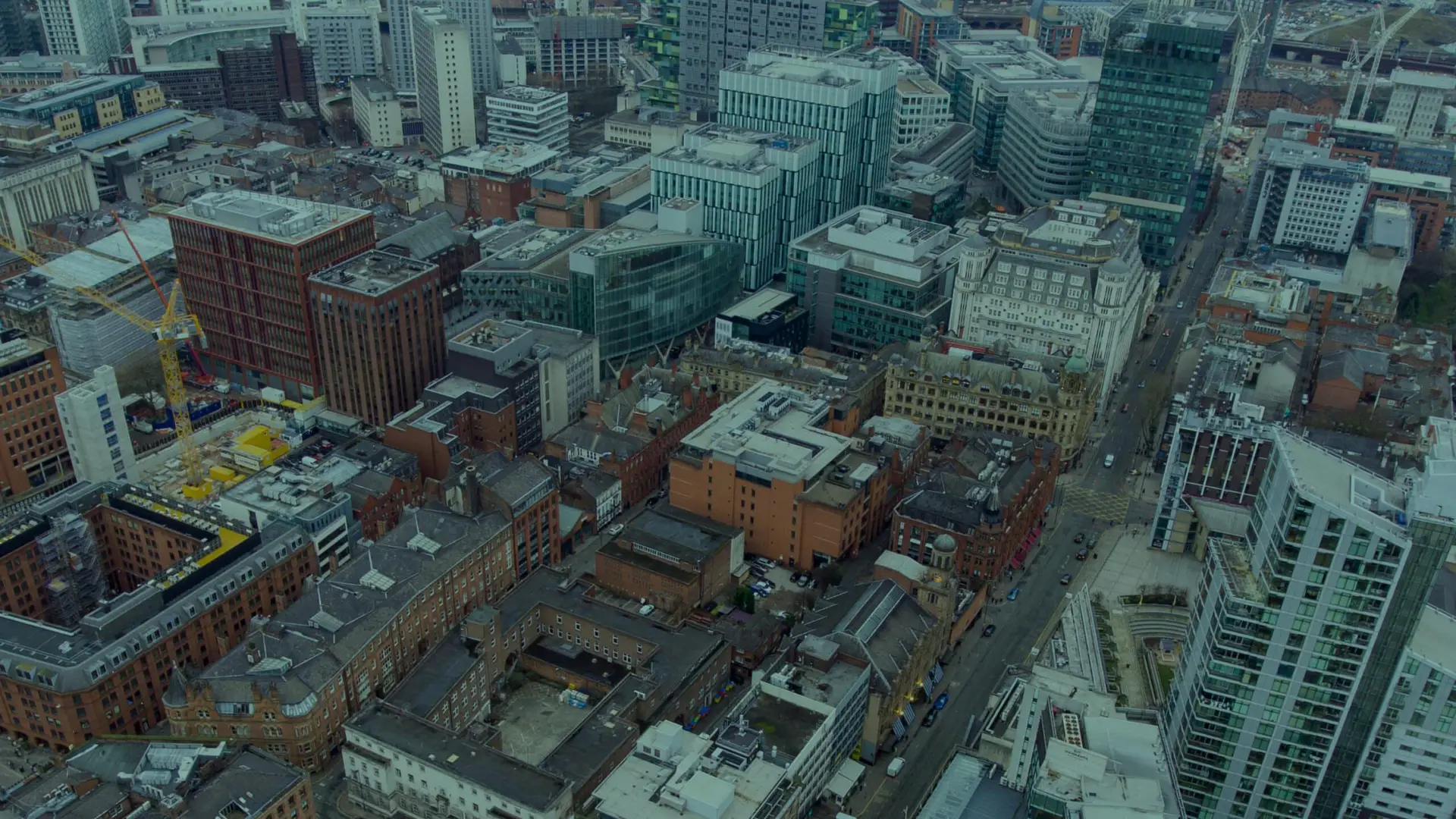
Roofing with a positive impact
We are proud that our work allows us to impact people’s lives positively, but we are acutely aware of our industry’s environmental impact on the planet.
The road to net-zero can be daunting, and with construction playing such a pivotal role in helping to achieve these aims, we wanted to find a better way to support our customers and their projects for the future.
As industry leaders, we believe we are responsible for spearheading positive change, introducing best practices throughout our approved contractors and helping lead our industry to do the right thing.
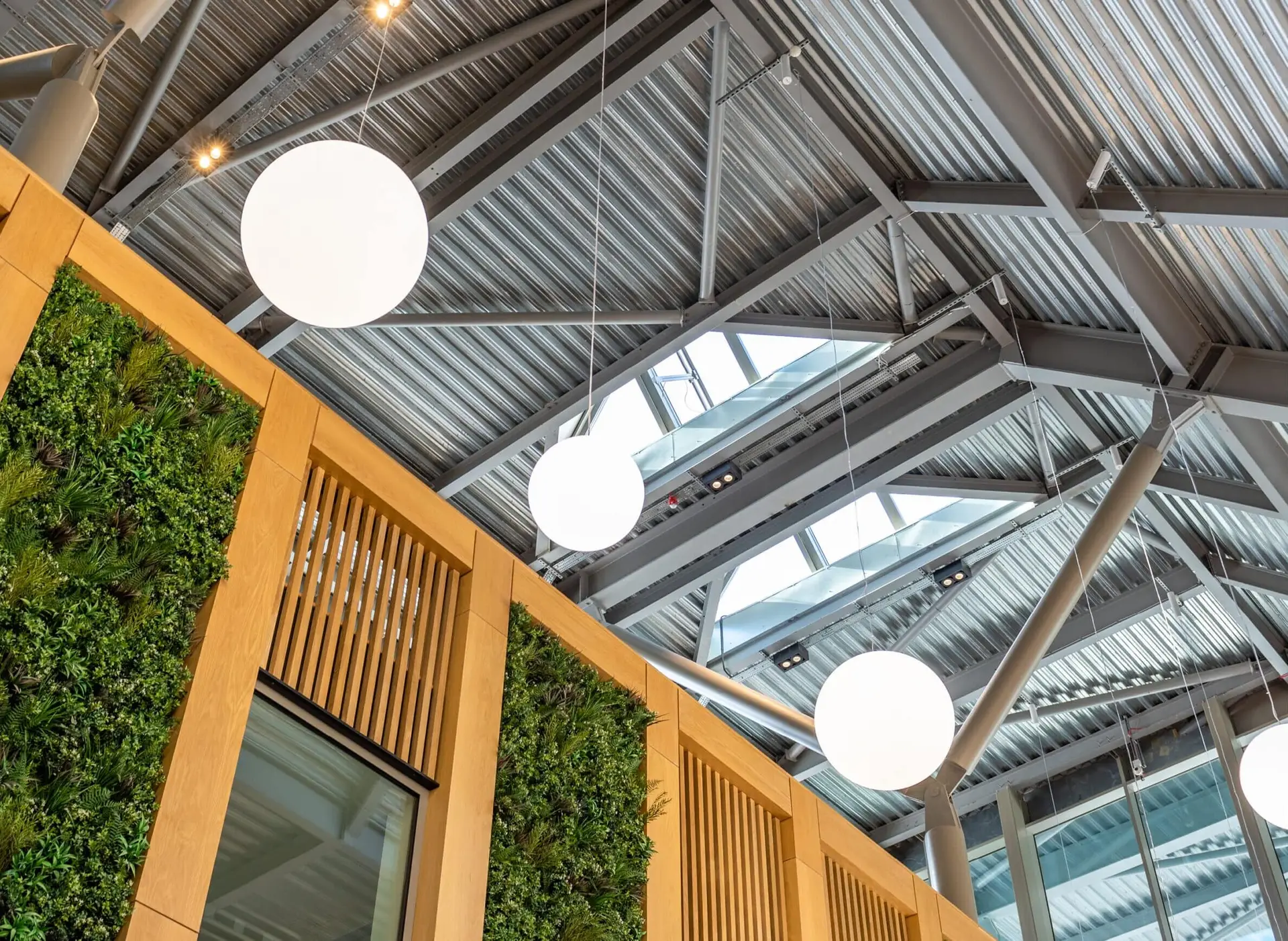
Our Vision
We are working towards achieving our near-term reduction targets by 2032 and our long-term net zero carbon target by 2050, aligned with a 1.5°C pathway.
Throughout this journey, we will promote innovative sustainable waterproofing systems, responsible sourcing, and circular economy principles that maximise the value of the materials we use and minimise life cycle waste.
Through our long-standing partnerships, we will provide a lasting positive social impact on the communities in which we operate. We will put our people and contractors at the heart of everything we do, supporting their professional development to provide trusted technical expertise in a fair, inclusive, and respectful culture, promoting equality, diversity, inclusion, and good well-being.
We have prioritised three critical areas that significantly impact carbon and climate change, resource efficiency, people and social value. Each key pillar of change has a vision statement of where we want to be, including the pledges we commit to achieving to reach our vision and targets and the critical stepping stones we will take to fulfil them.
Near-term target: Absolute reduction in scope 1 and 2 emissions by 45%, based on our baseline year, by 2032.
Long-term target: Absolute reduction in all three scopes of 90% by 2050.
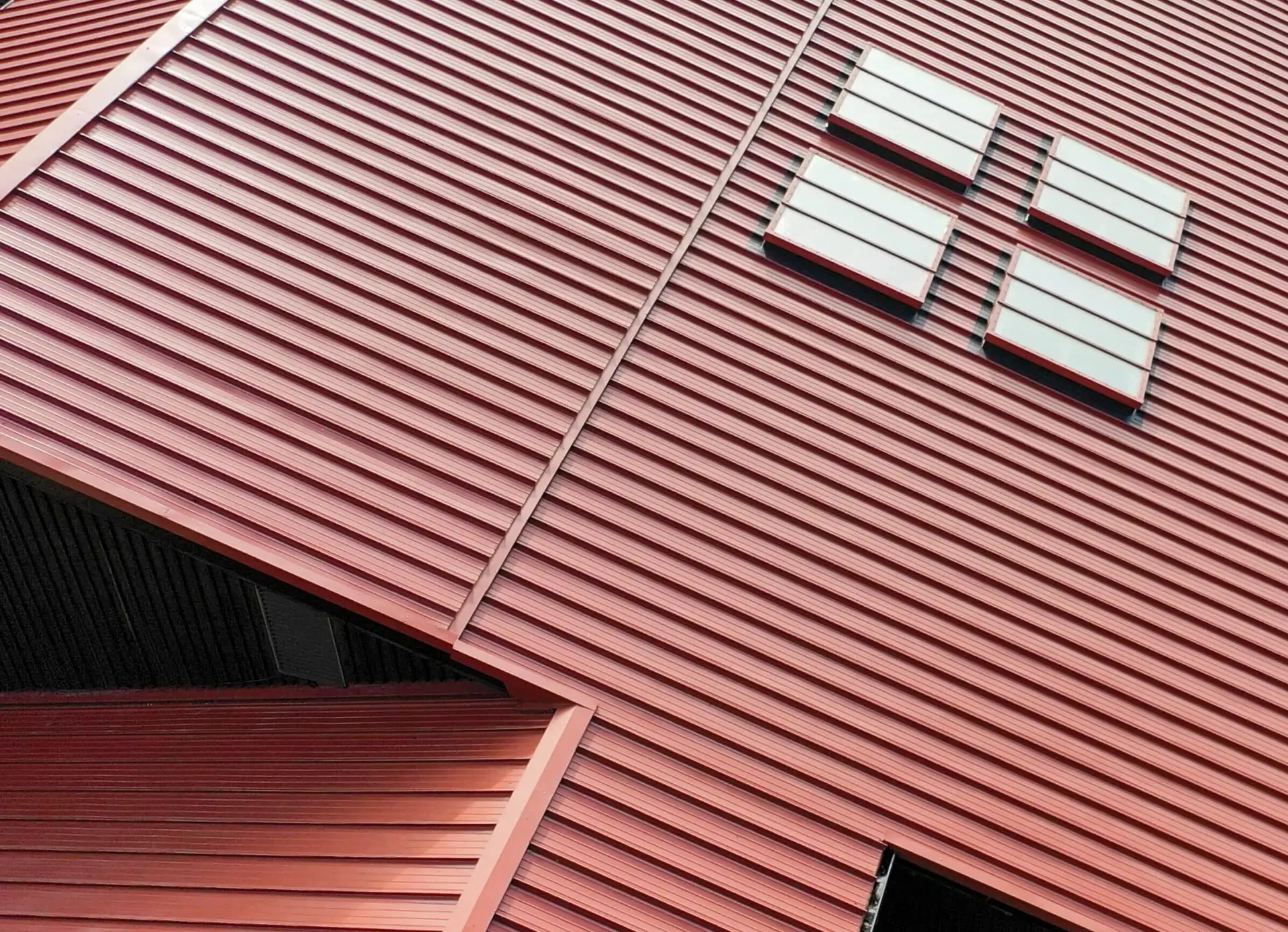
The 3 Key Pillars of our Sustainability Commitment
With our Sustainability Commitment, we will embed sustainability into everything we do by reducing our carbon footprint and our customer’s operational carbon. As a responsible and trusted building envelope partner, our customers can expect a long-term commitment from us that fully supports and enables their environmental initiatives.
Addressing our fundamental areas for change, we considered a broad range of environmental and social aspects when developing our Sustainability Commitment, which enabled us to focus on our customer’s critical environmental goals alongside our fundamental employee-owner stakeholder objectives.

Sustainability Report 2023
This report shares insight into our journey towards net-zero emissions, highlighting the steps we’ve taken across our 3 Sustainability Commitment pillars and wider operations. Our 2023 report is more than a summary; it reflects our genuine commitment to doing better for the planet and supporting our client’s sustainability goals along the way.
Transparency and accountability matter deeply to us, which is why we’re making this report publicly available. It’s our way of keeping you informed and ourselves accountable as we reach significant milestones on our path to sustainability.
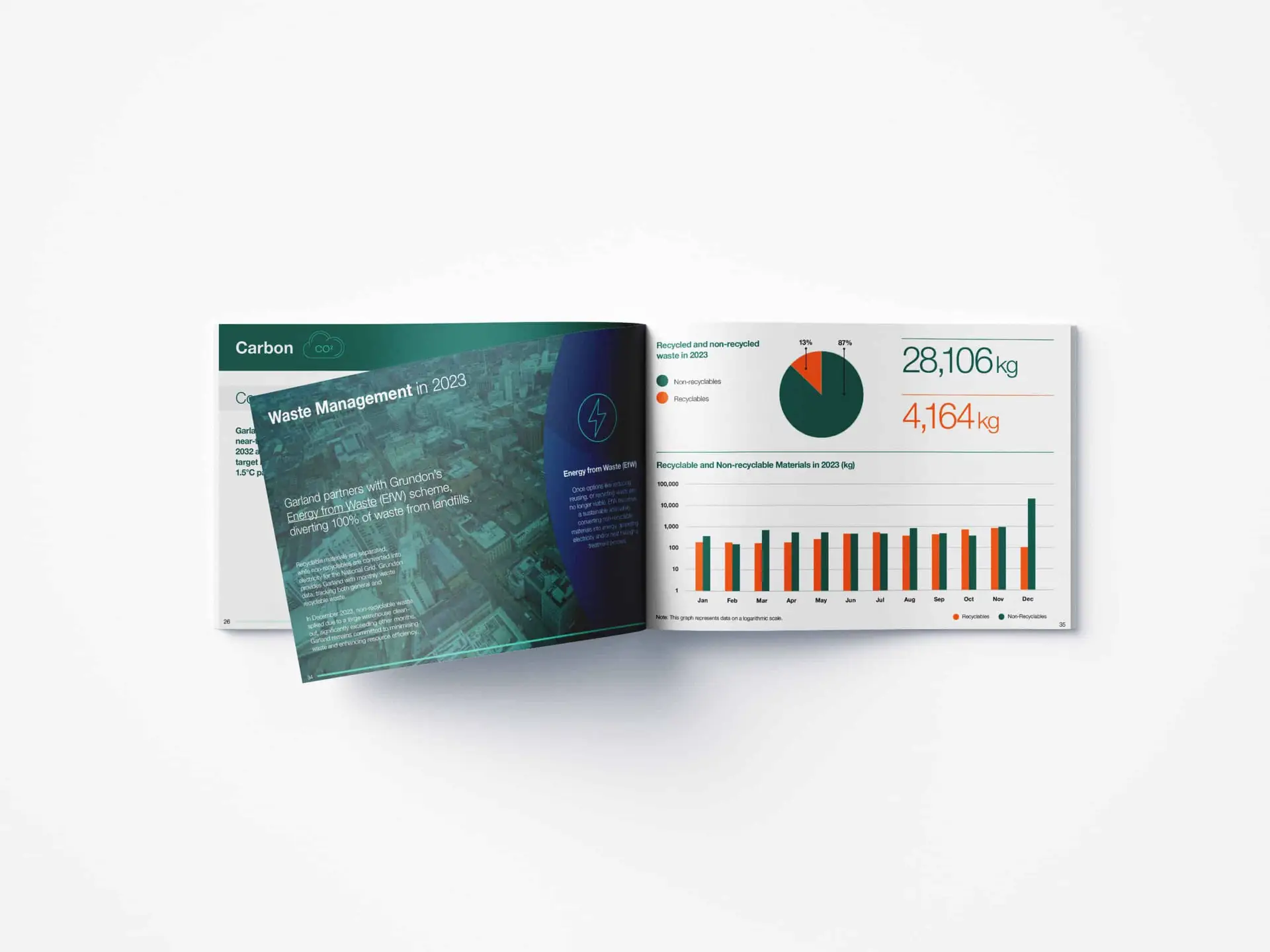
Our Sustainability Roadmap
We’re on the road to a more sustainable future. Our Sustainability Roadmap marks the key stage gates towards achieving net-zero carbon (scope 1&2) by 2032.
To see how Scope 1, Scope 2 and Scope 3 emissions are incorporated into each stage gate, you can read the full Sustainability Roadmap here.
2022
Define our Sustainability Commitment vision and pillars
Create a baseline to measure our performance
Engage our team and create internal working group
2023
Engage our supply chain with our Sustainability Commitment
Evaluate and benchmark our suppliers on their carbon performance
Enrol all staff on the Supply Chain Sustainability School and complete foundational training
2024
Invest in greener energy for our buildings
Publish Carbon Reduction Report annually
2025
Achieve carbon neutrality scope 1 & 2
Gain PAS2060 Carbon Neutrality Certification
2026
Remove forklift trucks using fossil fuels from our operation
2027
Science-Based Targets (SBTi) validation
Complete the circular economy process for end-of-life bitumen membranes
2028
Achieve zero avoidable waste to landfill
2029
Evaluate supply chain for areas of non-compliance and support suppliers who are investing in renewable energy
2030
Achieve zero avoidable waste
2032
Achieve net-zero carbon scope 1 & 2
What does this mean for our customers?
Our Sustainability Commitment embeds sustainability into everything we do, by reducing our carbon footprint and our customer’s operational carbon.
Working with us, our customers can expect a long-term commitment that fully supports and enables their unique environmental initiatives.
Our Systems
We work hand in hand with our supply chain to develop their sustainable capabilities and reduce the embodied carbon in a products life cycle. Our customers can confidently partner with us for the lifetime of their building, knowing that material manufacture, waste production, recycling and transportation have been carefully considered.
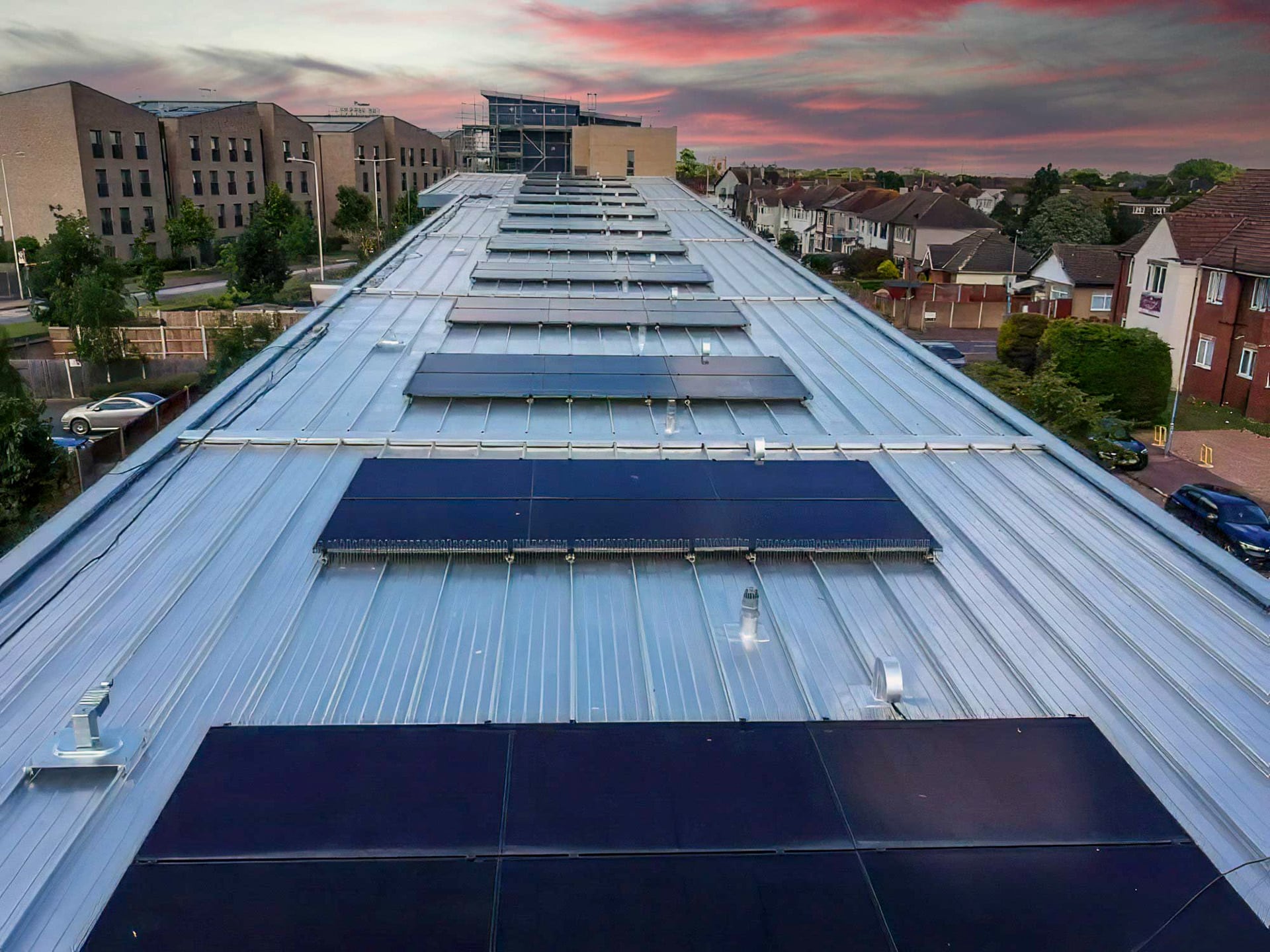
Our Communities
We are taking every step to better understand the communities we operate in and have extensive experience in delivering meaningful social value to our customers and communities, from building envelope design incorporating bio-diverse rooftop spaces to supporting apprentices through our nationwide network of Approved Contractors.
Working with us, our customers can be sure that their project will maximise the effectiveness of their social value projects.
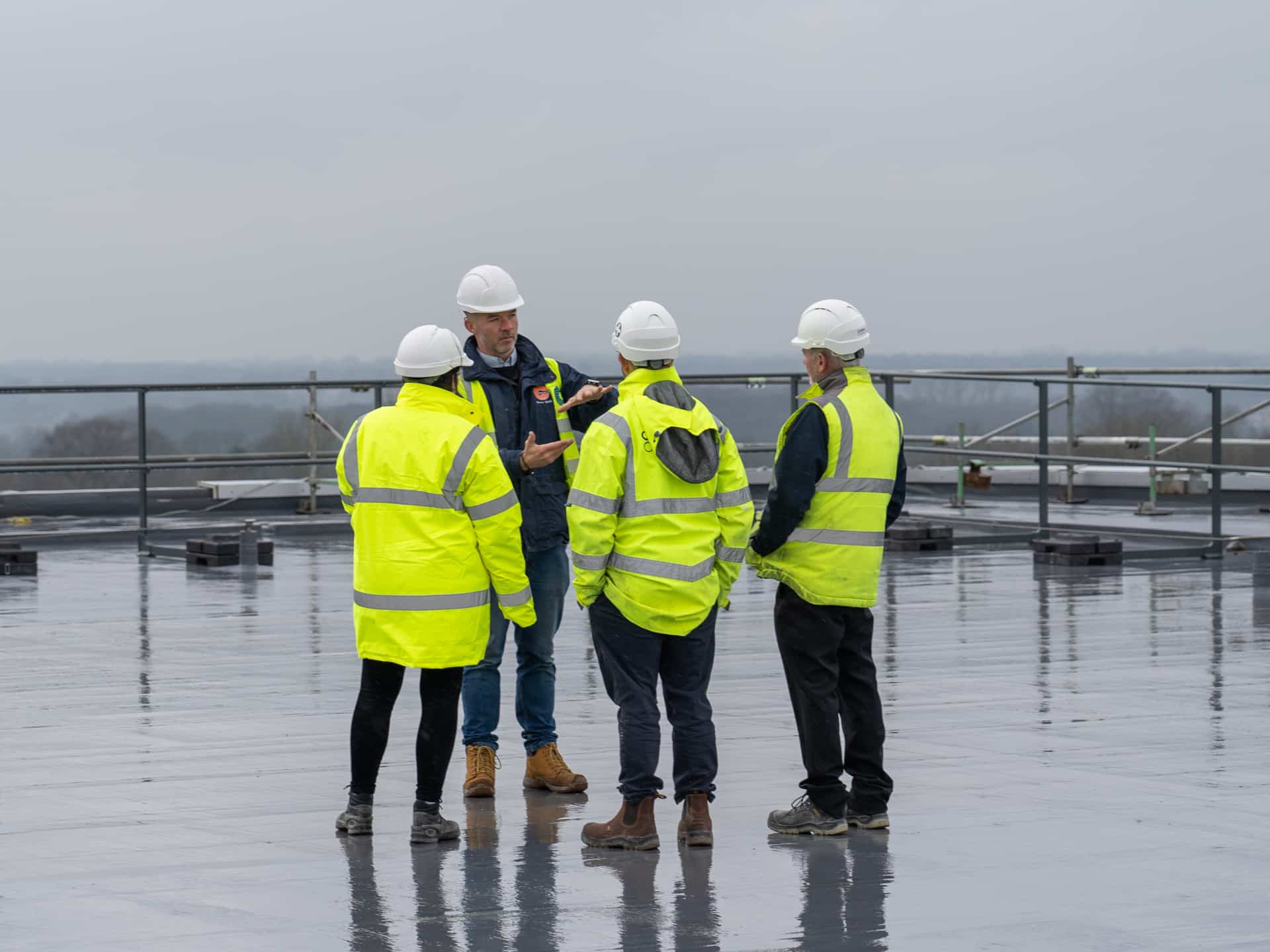
100% Employee-Owned
As a 100% employee-owned business we strive to be a great place to work, with a diverse and friendly team who enjoy working together to deliver value for our customers.
We believe that our people are what make us a successful business. Through continuous training and engagement workshops, our Technical Managers can provide tailored support for our customer’s decarbonisation strategies and clear roadmaps for sustainable roof asset management.
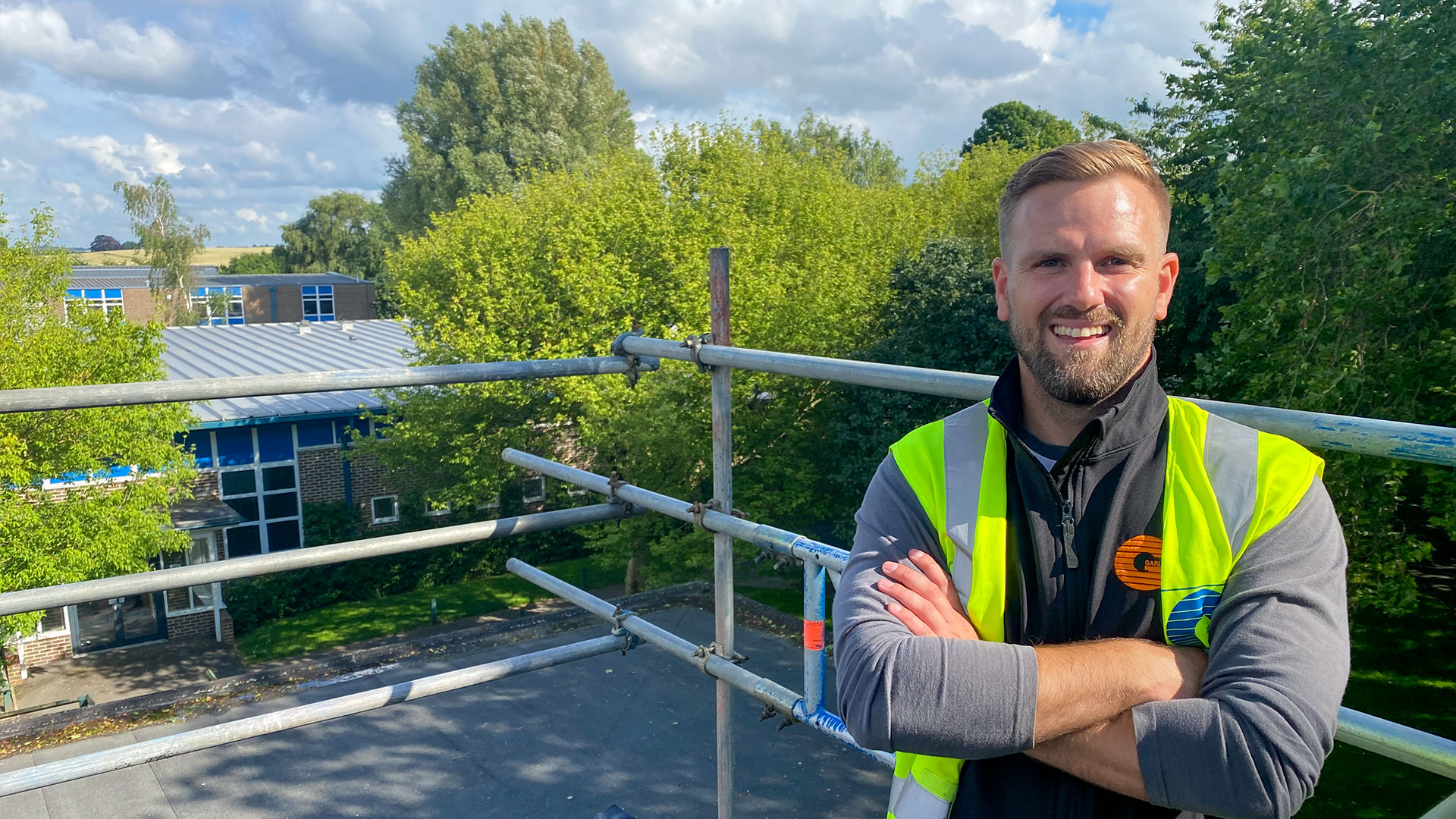
Sustainability Frequently Asked Questions
Many of our customers have questions relating to our commitment to a more sustainable future.
Here you can find answers to some most frequently asked questions. If you have further questions please contact your local Technical Manager
Carbon Neutral refers to any carbon dioxide (CO2) released into the atmosphere from a company’s activities, which is then balanced by an equivalent amount of carbon being removed from the atmosphere. Carbon offsets can be sought to achieve this, with a minimum requirement to meet Scope 1 & 2 emissions only. Green roofs are considered effective in the reduction of atmospheric CO2 because of their ability to absorb CO2 and reduce a building’s overall energy consumption.
Taking one step further than Carbon Neutral, Net-Zero Carbon also achieves a balance between the carbon emitted into the atmosphere and the carbon removed from it, but it must span across Scope 1, 2 and 3 emissions. A critical difference is that all efforts must be made to mitigate carbon across the business before offsetting the small amount remaining that is unable to be avoided.
- Scope 1 covers all direct emissions from owned or controlled sources.
- Source 2 factors the indirect emissions from the generation of purchased electricity, heating etc., consumed by the business.
- Scope 3 includes all other indirect emissions in a business’s supply chain.
Operational Carbon is the amount of carbon emitted during the operational and daily use of a building. Sustainably designed roofing projects can significantly reduce operational carbon by including Green roofs and solar PV systems.
Embodied Carbon is the amount of carbon emitted associated with building construction, including the extraction, transportation, manufacture and installation of materials. Sustainably designed roofing projects can significantly reduce embodied carbon by including long-life systems (such as metal roof panels) that can be used for the life of a building, avoiding regular replacement and mitigating waste to landfill.
An R-MER metal system is manufactured from up to 55% recycled materials and is 100% recyclable at the end of its life, making it a highly sustainable roofing system.
A Green Shield green roof system will improve air quality and provide natural habitats that encourage biodiversity. Green roofs help to keep buildings cool, reducing energy consumption and costs, making it a highly sustainable roofing system.
A Solarise PV panel system reduces the carbon output of a building by utilising renewable solar power energy rather than other energy sources such as electricity or gas. Solar PV panels significantly reduce the operational carbon of a building, making it highly suitable for sustainable roofing.
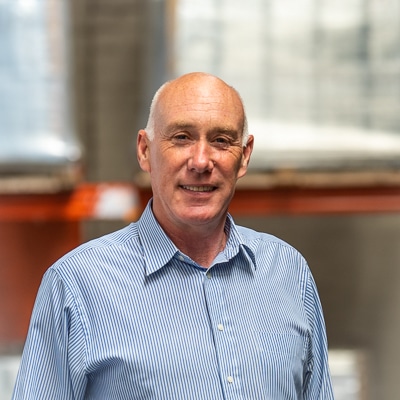
We’re dedicated to making our Sustainability Commitment positively impact the roofing industry and ultimately, keep delivering better environments for our customers and the communities they serve.
Tim Jones, Managing Director, Garland UK